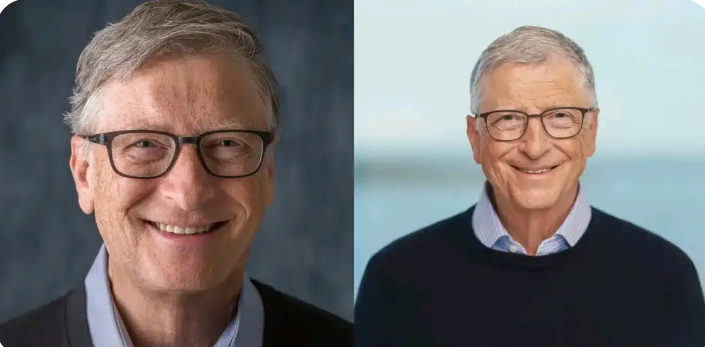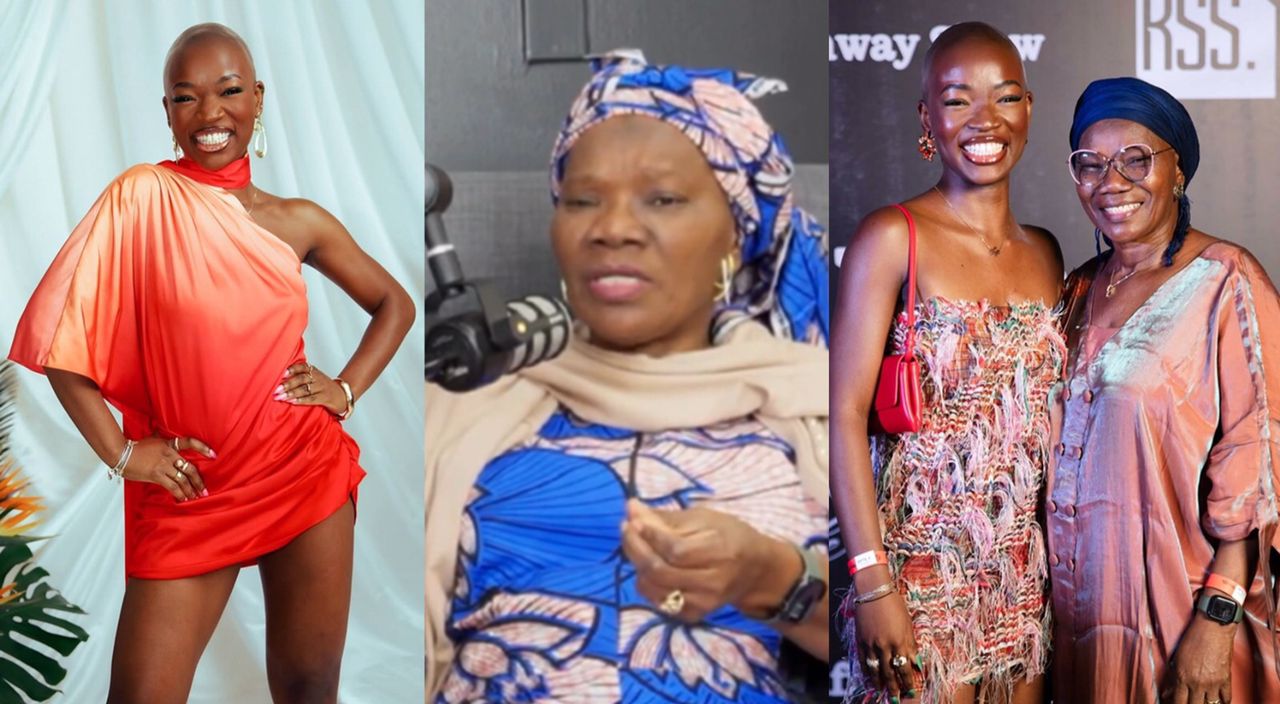
Bill Gates Shocks the World with Historic $200 Billion Pledge to Africa

In a move that has reverberated around the globe, Bill Gates, the world-renowned philanthropist and co-founder of Microsoft, has committed an astonishing $200 billion of his personal fortune to the Bill & Melinda Gates Foundation, with the majority of this massive sum earmarked specifically for Africa. The pledge, set to be fully disbursed by 2045, marks one of the most substantial private donations in human history and is being hailed as a transformative gesture for the future of the African continent.
Gates, long regarded as one of the most influential figures in both technology and philanthropy, made the announcement in a quietly delivered yet profoundly powerful statement that instantly captured the attention of policymakers, public health experts, and citizens worldwide. The commitment is not just a financial contribution; it is a statement of intent, a bold vision to tackle some of humanity’s most enduring challenges—disease, poverty, and inequality—with laser focus on a continent that has too often been overlooked in the halls of global power.
Over the past two decades, the Gates Foundation has poured billions into Africa, championing vaccine distribution, public health infrastructure, agricultural innovation, and educational reform. It has supported over 100 groundbreaking innovations and is credited with playing a pivotal role in saving more than 80 million lives on the continent. From combating malaria and tuberculosis to bolstering maternal healthcare and child nutrition, the Foundation’s footprint in Africa is both vast and deep. This latest announcement, however, dwarfs anything the Foundation has done before and signals a new era of philanthropic ambition.
Gates’ declaration is already sparking both celebration and controversy. Supporters laud the move as a visionary act of generosity and responsibility, one that could radically alter the course of African development. Critics, on the other hand, raise pointed questions about the power dynamics involved in such large-scale donations. What happens when one individual, no matter how well-intentioned, wields such influence over global health and economic policy? Is this the democratization of wealth, or the consolidation of soft power?
Yet the numbers alone are impossible to ignore. Africa remains home to some of the world’s highest rates of child and maternal mortality, infectious diseases like HIV and malaria, and extreme poverty. While national governments and international bodies have made strides, resources are still stretched thin. Gates’ infusion of capital could, if deployed wisely, change the trajectory for millions.
A significant portion of the pledged funds will be directed toward expanding access to healthcare technologies, building out vaccination infrastructure, and training local healthcare workers. In areas where hospitals are few and far between, the Foundation plans to support mobile clinics and digital health solutions that can reach rural populations often excluded from formal medical systems. There are also ambitious plans to scale up nutrition programs, agricultural productivity, and clean water initiatives—all aimed at breaking the cycles of poverty that have plagued communities for generations.
The announcement has already drawn praise from world leaders and global institutions. Several African heads of state have expressed both gratitude and eagerness to collaborate, emphasizing the importance of ensuring that African voices and perspectives remain central to the implementation of these programs. Experts warn that without local ownership and leadership, even the most well-funded initiatives can falter.
Still, there is undeniable momentum. Gates has long argued that strategic philanthropy—grounded in data, accountability, and innovation—can achieve what politics alone cannot. His belief that African nations have the talent and drive to rise, if only given the right tools and support, is at the heart of this unprecedented pledge.
In a world increasingly divided by economic inequality, political polarization, and climate anxiety, Gates’ $200 billion commitment stands as a lightning rod for both hope and skepticism. It underscores the vast potential of private capital to effect meaningful change, even as it raises ethical questions about the role of billionaires in shaping global futures.
One cannot ignore the symbolic timing of the announcement either. Coming amid global recalibrations post-COVID-19 and increasing calls for reparative justice for the Global South, Gates’ move could redefine philanthropy for a generation. No longer content with small grants and pilot programs, the new wave of giving is about scale, sustainability, and systemic transformation.
It’s worth noting that Gates is not alone in this new era of mega-philanthropy. His pledge is likely to put pressure on other billionaires to step up, not just in rhetoric but in action. Already, social media is abuzz with comparisons, challenges, and demands for similar commitments from the world’s wealthiest.
Yet even among his peers, Gates’ vision stands apart. The pledge isn't just about charity—it’s a recalibration of legacy. By tying the entirety of his wealth to the Foundation’s mission, Gates has effectively declared that his life's work will not be remembered solely for technological innovation, but for human impact.
The coming months and years will reveal how this monumental sum is rolled out, who the partners will be, and how African governments, NGOs, and communities will shape its usage. Transparency, collaboration, and cultural competence will be key in ensuring that the donation achieves its intended goals.
For now, though, the world watches with a mix of awe and anticipation. Bill Gates has made a promise not just to Africa, but to humanity—one that stretches across two decades and dares to reimagine what’s possible when wealth is wielded not for power, but for purpose.
In the words of a young health worker from Lagos who benefited from a Gates Foundation program, “This isn’t just money. It’s a message—that our lives matter, our futures matter. And that someone powerful sees us, not as problems, but as potential.”
History will judge the outcomes. But today, the world stands still, blinking at the sheer scale of one man’s commitment to change the future.


